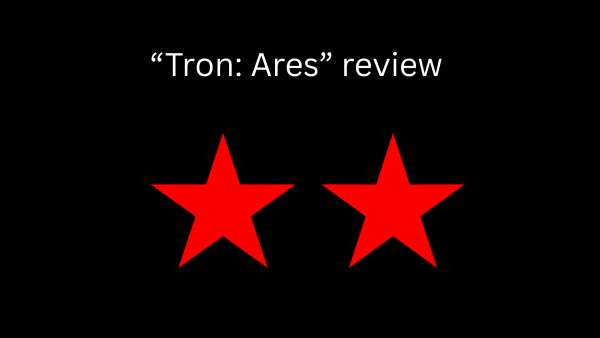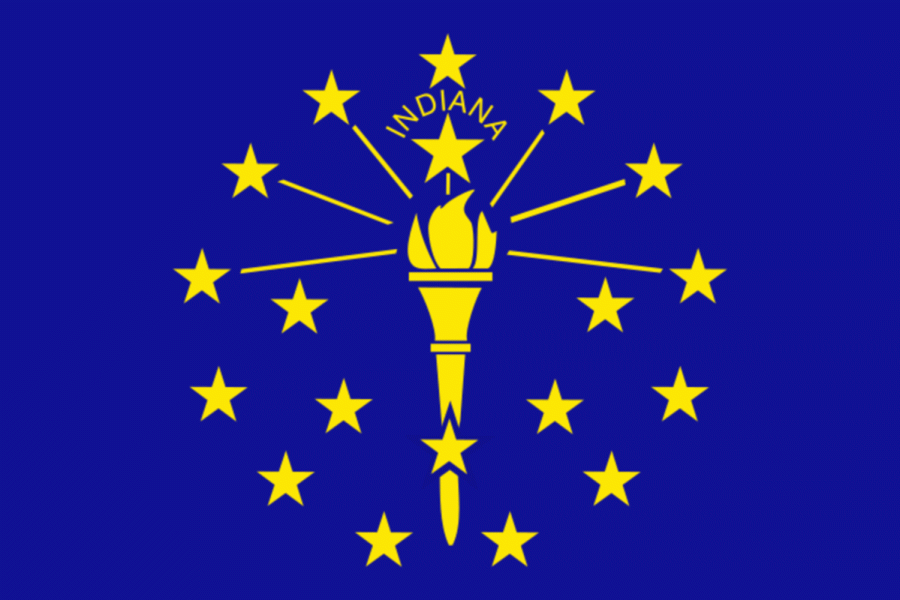Indiana’s awless abortion ban
Finalized abortion legislation goes into effect.
Photo courtesy of Wikimedia Commons.
Indiana has officially introduced the state abortion ban leaving some citizens confused.
Katrell Readus is a junior and the Opinion Editor for the Fishers Tiger Times. Their views do not necessarily reflect those of the newspaper.
This Thursday, the 15 of Sept. an Indiana law banning abortion at all stages of pregnancy is now official legislation, making Indiana the latest state to enact diminutions on the bodily autonomy of its citizens after the U.S. Supreme Court overturned Roe v. Wade. The repulsive and intrusive law outlawing potentially life-saving medical care within the confines of the state’s borders sets a clear and irrefutable standard for a lack of care for this state and others that have and potentially will hop on board the sinking ship of women’s rights to choose.
This same law was pushed aside during the summertime special session of Indiana lawmaking. The “rectified” version of the bill, the one enacted on the 15th of this month, provides exceptions when it comes to saving the physical life of a woman, preventing any serious health risk, and for lethal fetal anomalies, up to 20 weeks post-fertilization. It also allows exceptions if the pregnancy was a result of rape or incest during the first 10 weeks post-fertilization.
Though these exceptions could be beneficial in some ways and to some individuals whose bodies have now become a political playground to lawmakers who claim to care about the sanctity of life. The same officials whose only evident regard is for a cluster of mindless cells growing parasitic in the uterus.
The time frame imposed by the law gives a woman a very short window after the average four-seven week period in which pregnancy is usually discovered to make a life-altering decision.
Abortion providers and some non-profit organizations have and are continuing to challenge the legality of the law under the state’s constitution. The various plaintiffs have asked the court to grant a preliminary injunction, temporarily keeping the ban from going into effect while litigation continues. A hearing for the injunction is scheduled for Sept. 19.
This lawsuit claims the abortion ban infringes on residents’ right to privacy, violating Indiana’s guarantee of equal privileges and immunities and violates the Constitution’s due course of law clause because of its unconstitutionally vague language.
However, it is not only providers of the procedure that are completed to fight against or question pieces of the recent legislation along with thousands of Indiana residents, but Indiana university professor Jennifer Dorbac is also weary of the bill.
A specific worry of Dorbac’s is how the ban will affect contraceptives, emergencies and otherwise. During testimony on this specific matter, Sen. Sue Glick emphasized contraceptives and emergency contraceptives like Plan B would not be banned by this bill.
However, the version signed into law leaves much of this promise in question, Dorbac said. According to her, the language in the law could “conceivably” outlaw certain forms of birth control, including IUDs.
“The problem with all of this is, how is a normal human being, person who’s pregnant, supposed to know whether or not they’re taking a medication or using a contraception that is actually prohibited – because they honestly think that what they’re doing is OK, and, under the law, is not prohibited,” Dorbac said.
She added that the language leaves room for interpretation. This potentially dangerous interpretation leaves contraceptive users vulnerable to inadvertently breaking the law.
“That’s the problem with the Indiana law, it’s dealing in an area of science that is sophisticated, with law that is not sophisticated,” Drobac said.

Katrell is a senior at FHS. They are an overthinker who enjoys listening to music and writing poetry when they are not too focused on their upcoming article.










Max. B • Sep 18, 2022 at 8:39 pm
Really well worded, very strong point
Paul Nix • Sep 17, 2022 at 8:27 pm
Every body deserves to live regardless of the circumstances of conception, besides Indiana did not change a woman’s right to choose , only where she can utilize that right.